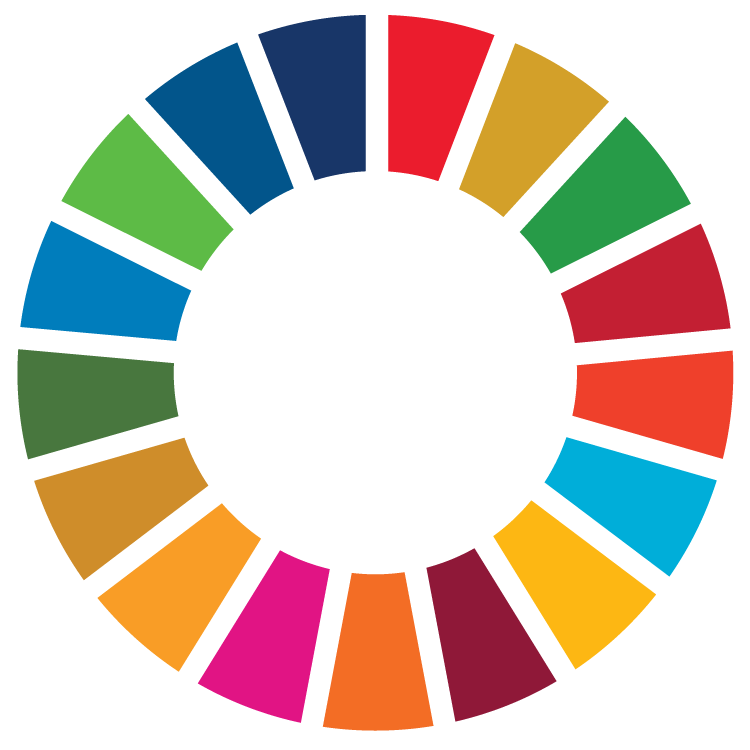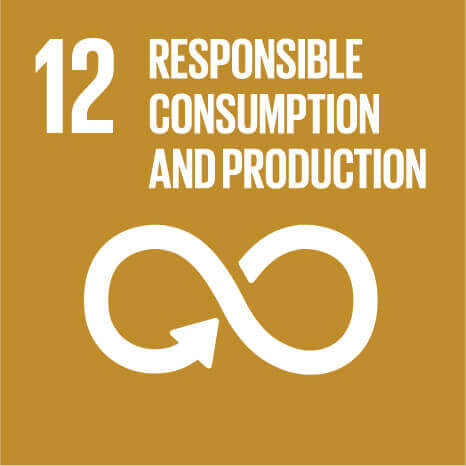ABOUT US




SIRAM will provide a comprehensive integration and implementation of sustainable solutions for regenerative agriculture across different Mediterranean areas, addressing at the same time issues of low incomes at smallholder farm level. A multidisciplinary team involving agronomists, microbiologists, soil scientists, plant pathologists, nematologists, agricultural chemists, economists and experts in dissemination will tackle from different perspectives issues related to soil degradation, over-use of chemical inputs, climate change, desertification, environmental risks and low-incomes at smallholder farms level. SIRAM will help to cope with the main challenges that the agricultural sector is facing in the 21st century: i) securing viable food production in the face of escalating food demands (expected to double by 2050); ii) ensuring sustainable management of natural resources and climate action to avoid the progressive deterioration of soil and water resources and the loss of biodiversity; iii) decreasing residue concentrations in vegetables and iv) contributing to a balanced territorial development of the EU’s rural areas and their communities. These issues will be tackled by a multidisciplinary approach based on four main pillars: (i) beneficial microorganisms for plant growth and pest control ; (ii) crop varieties with resistance towards abiotic and biotic stresses; (iii) agronomical practices to safeguard soil quality and fertility; and (iv) bioeconomy approaches to recycle and valorize waste biomasses that restore soil organic matter and have biostimulant properties.

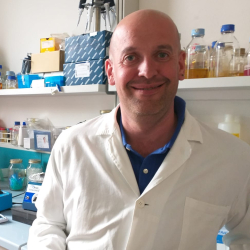



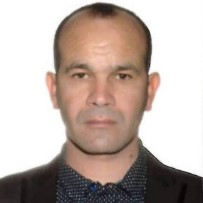



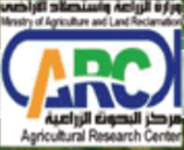
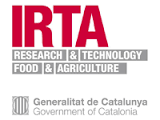

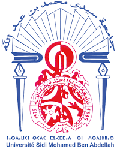
combia.png)





